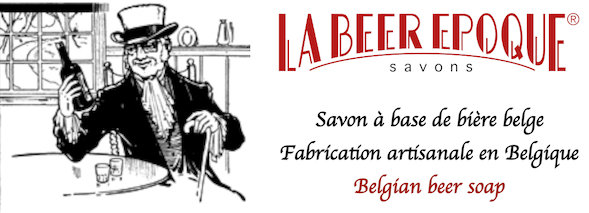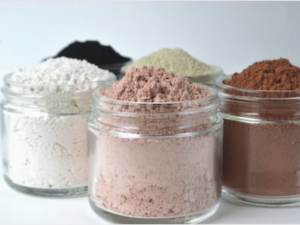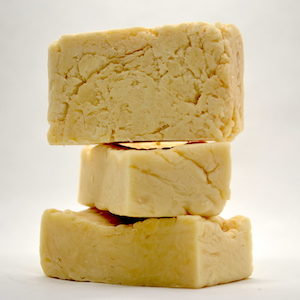Soaps, at its origin, were handmade – it’s a process of saponifying the fatty-acids, which are components of oils and fats in the presence of a liquid for hydrolysis.
Here at Ka Lab, we do not brew beer, but use beer in the hydrolysis process to make artisan soaps.
Saponification – cold process
Literally, any kind of fat or oil can be converted to crude soap by combining it with a base solution – the process is called saponification. There are two types of saponification – cold process, and hot process, in which heat energy is required. We use both methods.
According to American Food and Drug Authority, only soaps that come out of saponification process are called ‘soap’, ‘crude soap’ or ‘natural soap’. Cleaning products made from other synthetic process are ‘detergent’, ‘beauty bars’, or even ‘soap without soap’. Soaps are naturally alkaline.
Natural soaps past and present
In the past, that is grandmother’s recipes, our ancestors’ wisdom and her magic spoon; now it’s calculated formulas, science and good manufacturing practice.
Today, there are plenty of regulations governing handmade soaps or cosmetic products. We endeavour to comply to these regulations in order to give the best, but the handmade spirit is not forgotten.
They are made in an artisan way but in a purpose-built workshop, but not pressed out identically out of a machine.
Perfect and Imperfect soaps
People treasure handicrafts, because they are unique, different, and sometimes imperfect. No two handmade soaps look identical from the same lot, because they are stamped and cut by hand. We select those perfectly formed and may rebatch the imperfect ones.
Some might look uglier than another because something happen during the saponification – excess heat, moisture, etc. Colour sometimes differs slightly batch to batch. One must agree machine clones things better.
Storage and proper use of natural soaps
During the saponification process, all lye is used up, natural glycerin is formed, and some fatty acids (oils/fats) are left (superfat) and stay inside the soap. Therefore natural soaps is a cleaner, a moisturiser, and a bio-product and best be used within, in general 3 years. If they are stored properly, they can last for much longer time.
As some minute quantity of oils/fats are left in the soap, even Vitamin E (tocopherol) is added as an natural antioxidant, if the soap is not stored properly – in cool dry conditions and preferably ventilated – the residual oil may become rancid and produce a phenomenon called DOS – dreaded orange spots on the soap.
So if you forgot a natural soap at the bottom of your bathroom drawer and take it out after, say a year or more, there is a chance the soap smells rancid oil and bear some DOS.
DOS, has no effect on the cleaning power of the soap, nor undesirable effects on our skin, just that it makes the soap smells bad. You can just cut away the orange spots and the soap can still be used, or use them to wash other household items.
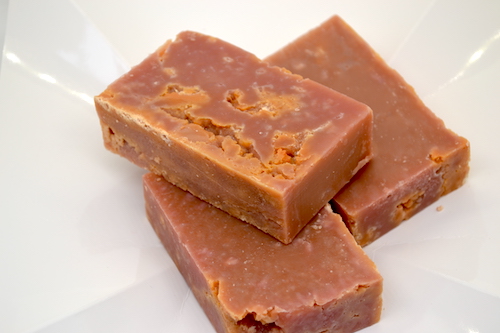
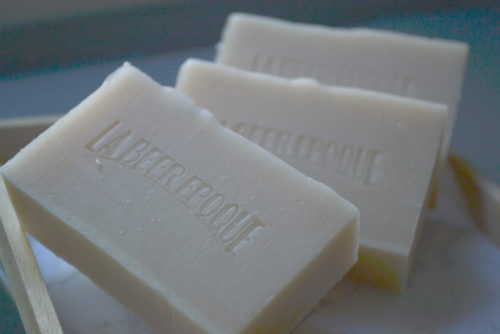
Article by KA LAB
